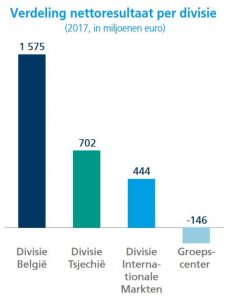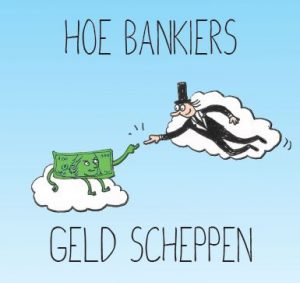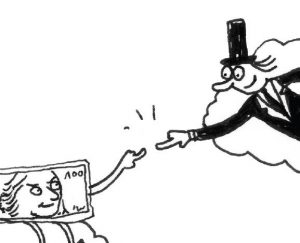Ik geef tot de zomervakantie wiskundeles op mijn oude middelbare school. Eén van de onderwerpen die de zesdejaars krijgen is statistiek. Hoewel statistiek voor veel studenten een belangrijk onderwerp zal blijven tijdens hun verdere studies, is er in de les helaas weinig tijd om verder te gaan dan het toepassen van enkele formules.
Hier zijn enkele artikels voor wie meer wil weten over statistische paradoxen en “de menselijke kant” van de statistiek.
Paradoxes of probability and other statistical strangeness
Hack your way to scientific glory
How statistics lost their power – and why we should fear what comes next




